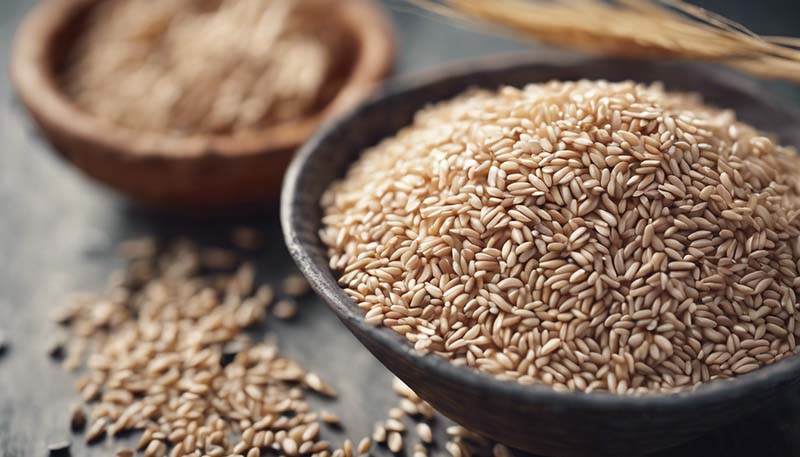The Role of Fruits in a Healthy Diet
Introduction
Fruits are a vital component of a healthy diet, providing essential vitamins, minerals, and dietary fiber that contribute to overall health and well-being. They come in a wide variety of colors, flavors, and textures, offering numerous health benefits when consumed as part of a balanced diet. This article will explore the importance of fruits in a healthy diet, their nutritional content, and how to incorporate them effectively into your daily meals.
Nutritional Benefits of Fruits
Fruits are nature's gift to a healthy lifestyle. They are packed with nutrients that are crucial for the proper functioning of the body. Here are some of the key nutritional benefits of fruits:
1. Vitamins and Minerals
Fruits are rich sources of essential vitamins and minerals. Vitamin C, found in citrus fruits like oranges and grapefruits, is important for a healthy immune system. Potassium, present in bananas and apricots, helps regulate blood pressure and supports proper muscle function.
2. Dietary Fiber
Dietary fiber in fruits aids in digestion by adding bulk to the diet and preventing constipation. It also helps regulate blood sugar levels and lowers cholesterol, reducing the risk of heart disease.
3. Antioxidants
Antioxidants in fruits, such as flavonoids and carotenoids, protect the body against free radicals, which can cause cellular damage and lead to chronic diseases like cancer and heart disease.
4. Phytochemicals
Phytochemicals are compounds found in fruits that have been linked to a reduced risk of certain cancers and other diseases. They work synergistically with vitamins and minerals to enhance their health-promoting effects.
Health Benefits of Including Fruits in Your Diet
Beyond their nutritional profile, fruits offer a multitude of health benefits that make them an indispensable part of a healthy diet:
1. Weight Management
Fruits are low in calories and high in fiber, making them an ideal food for weight management. They can help you feel full without consuming too many calories, aiding in weight loss and maintenance.
2. Improved Heart Health
The fiber, antioxidants, and potassium in fruits contribute to heart health by lowering blood pressure, reducing cholesterol levels, and preventing blood clots.
3. Better Digestion
The soluble fiber in fruits can slow down the digestion process and help prevent common gastrointestinal issues like diarrhea and constipation.
4. Enhanced Immunity
Vitamin C and other antioxidants found in fruits strengthen the immune system, helping the body fight off infections and diseases.
How to Incorporate Fruits into Your Diet
Including fruits in your daily diet is easier than you might think. Here are some practical tips to help you get started:
1. Start Your Day with Fruits
Adding fruits to your breakfast can be as simple as having a piece of fruit with your morning cereal or yogurt. A smoothie made with your favorite fruits is also a nutritious way to start the day.
2. Pack a Fruit Snack
Instead of reaching for unhealthy snacks, keep a variety of fruits on hand for when hunger strikes. Fruit is a great choice for a quick and satisfying snack.
3. Add Fruits to Your Meals
Fruits can be incorporated into both savory and sweet dishes. Add chopped fruits to salads, stir-fries, or use them as a topping for your favorite desserts.
4. Choose a Rainbow
Opt for a variety of fruits in different colors to ensure you're getting a wide range of nutrients. Each color represents different phytochemicals and antioxidants.
Conclusion
Fruits are a delicious and nutritious addition to any diet. They provide a wealth of health benefits, from aiding in weight management to enhancing immunity. By incorporating a colorful array of fruits into your meals and snacks, you can support your overall health and well-being. Remember, variety is key, so enjoy the many flavors and textures that fruits have to offer.
References
This article is for informational purposes only and should not be considered medical advice. Consult with a healthcare professional before making any changes to your diet.






























Join the discussion